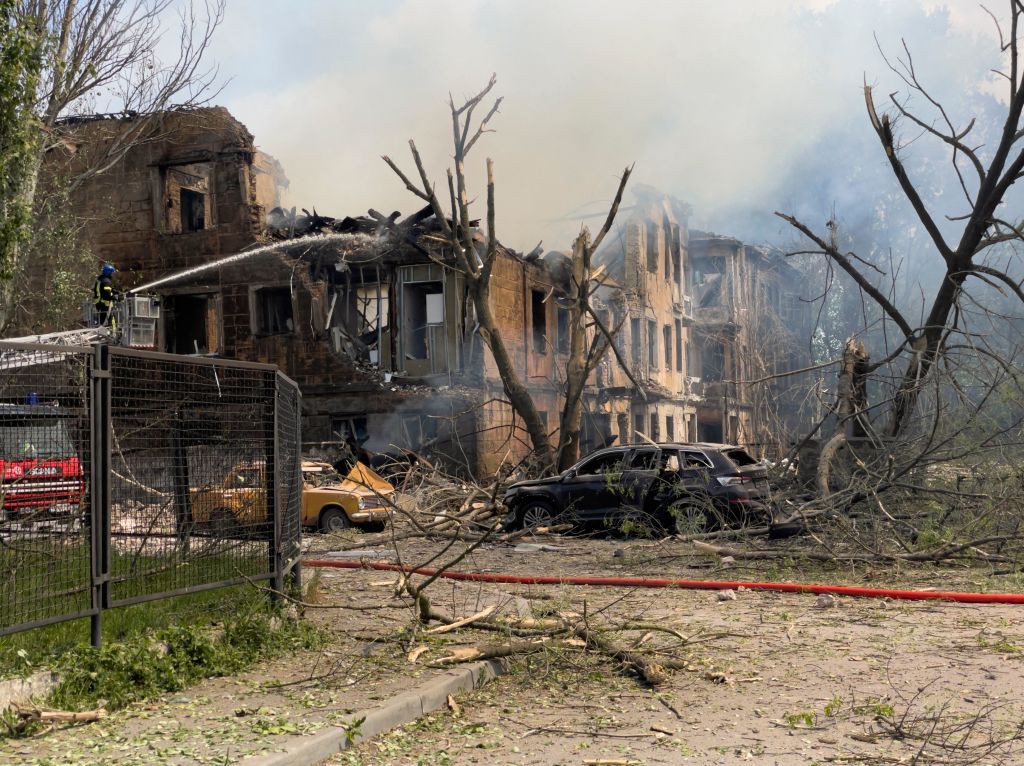A new poll has found that 64% of Ukrainians oppose direct talks with Russia before the war ends, while 23.1% are in favor of negotiations.
The poll was conducted by the Razumkov Center, questioning 2020 Ukrainians aged over 18 between April 28 and May 3.
Furthermore, 67% of respondents refused to accept returning to the pre-Feb. 24, 2022 boundary of Russian-occupied territories in return for peace.
Instead, they think Ukraine's borders and territory must return to their 1991 appearance, when Ukraine declared independence.
Just 17.2% of Ukrainians said they would agree to return to Feb. 24, 2022 occupation lines for the sake of peace, while 16% more found it challenging to answer.
In all, 84% of respondents think negatively about Russian citizens, with over a third believing that all Russians bear collective responsibility for the war, regardless of their politics.











